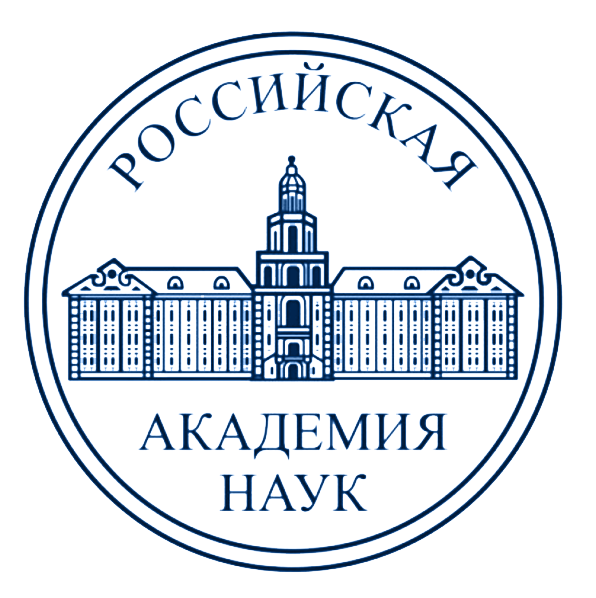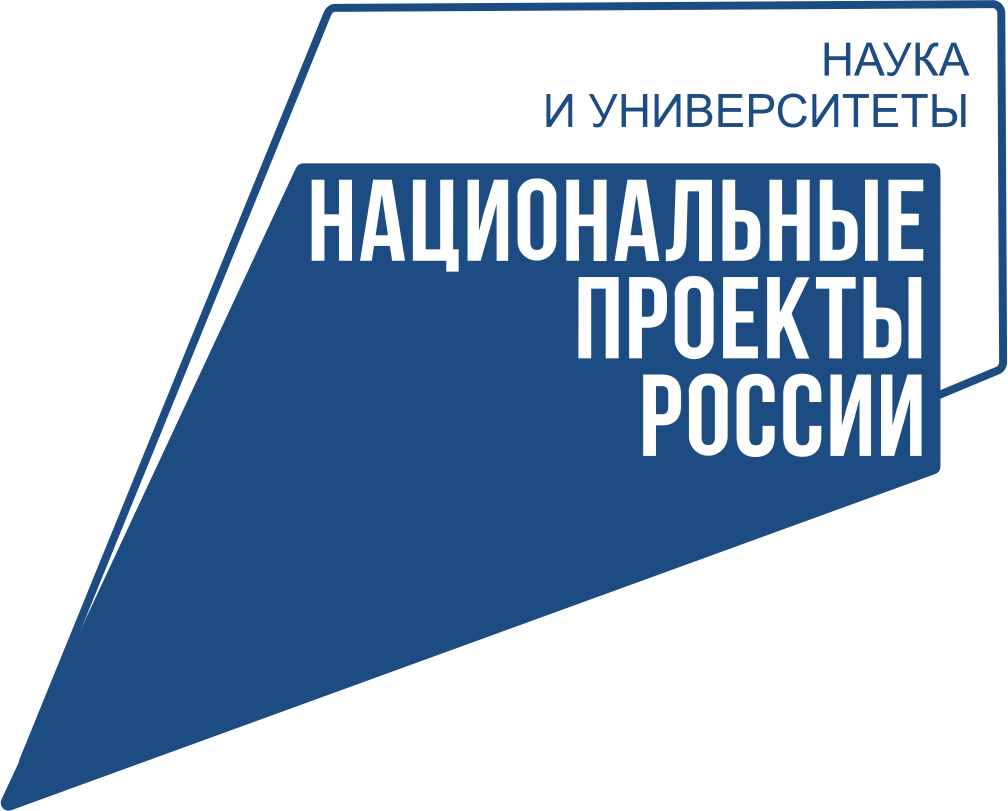On April 23-24, 2021 in Vitebsk (Belarus) the VI International scientific-practical conference “Actual problems of source study” will be held. SPbIH of the RAS is one of its organizers (together with Vitebsk State University named after P.M. Masherov, State Archives of Vitebsk Region, Belarusian State University, Republican Institute of Higher Education, Kharkiv National University named after V.N.Karazin). Submission of applications and texts of the report is possible until March 20.
Archive for spbiinews
To the Day of Russian Science
 On February 8 (January 28), 1724,
On February 8 (January 28), 1724,
by decree of the Governing Senate, by order of Emperor Peter the Great,
the Academy of Sciences and Arts
was established in St. Petersburg.
According to the plan of Peter the Great, it was to become not only a scientific, but also an educational institution. A university and a gymnasium were created at the Academy to train personnel of Russian scientists. On January 7, 1726 (December 27, 1725), the first ceremonial meeting of the Academy of Sciences and Arts was held, which was attended by several hundred people. Among the academicians were outstanding scientists – mathematicians Daniel Bernoulli and Leonard Euler. The first Russian adjunct was V.E. Adodurov, the first Russian professors – M.V. Lomonosov and V.K. Trediakovsky. In 1755, on the initiative of M.V. Lomonosov and I.I. Shuvalov, Moscow University was founded. At the beginning of the XIX century. in Russia, a unified system of higher education began to take shape. In 1804, by decree of Emperor Alexander I, a charter was adopted, according to which the Moscow, Kazan and Kharkov universities carried out their activities.
To the Day of Russian Science, the staff of the SPbII RAS prepared a virtual exhibition “Documents on the history of science and education in Russia and Western Europe in the collection of the Scientific and historical archive of the SPbII RAS (diplomas, certificates, certificates”. The exhibition presents diplomas from universities in Russia (XIX – XX centuries) and Western Europe (XVI – XVII centuries), as well as diplomas and certificates issued by the Russian scientist Academy of Sciences and scientific societies. The exposition is completed with diplomas, certificates, certificates and awards from the personal funds of the employees of the Leningrad branch of the Institute of History of the Academy of Sciences of the USSR Academy of Sciences – S.N. Valk, B.A. Romanov, A.V. Predtechensky, I.I. Smirnov.
On the 75th anniversary of the Nuremberg Trials
At the end of 2020, the Memorial Museum of the Nuremberg Trials issued a collective monograph “That four great nations. 75 years Nuremberg Trial” (Publisher:“ Michael Imhof Verlag, Petersberg, 2020). Historians and museum workers specializing in the history of the Second World War from the host states of the Tribunal (Russia, USA, Great Britain and France), as well as Germany, took part in the work on the scientific publication. The chapters of the book scrutinize the iconic role of the International Military Tribunal in world political history and in international law, as well as the importance of realizing the indisputability of its verdict and the growing public interest in the IMT in the 21st century. The chapter examining our country “We bring against the defendants a full and fair charge”. The Soviet Union and the Nuremberg Trials”, is written by Dr. Sc. in History Yu.Z. Kantor.
The publication includes unique illustrations – photos taken during the trial, exhibits telling about the preparation and course of the International Military Tribunal, documentary materials, as well as memoirs and testimonies of oral history.
800th anniversary of Alexander Nevsky
 All-Russian Museum and Historical Project “Alexander Nevsky: The Great Northern Route”.
All-Russian Museum and Historical Project “Alexander Nevsky: The Great Northern Route”.
To the 800th anniversary of the statesman, commander and saint.
Prince Alexander Nevsky, an outstanding commander, political and statesman of Russia in the 13th century, played a big role in the history of Russia, not only in the era when he lived. In the 14th-15th centuries in the culture of the independent republican entities of Veliky Novgorod and Pskov, Alexander Nevsky personified the struggle against Western expansion. In the 16th-17th centuries the historical memory of Alexander Nevsky was important as a milestone in the dynastic history of the Moscow grand dukes and tsars. Finally, Peter I viewed Alexander Nevsky as his predecessor in moving northwestward, in foreign policy in the Baltic. For St. Petersburg, Alexander Nevsky is a patron saint, the forerunner of Peter I. It is the northern direction that distinguished the policy of Alexander Nevsky that explains his constant presence in the culture of St. Petersburg.
The project «Alexander Nevsky: The Great Northern Route» aims to further investigate, as well as present for a wide review and discussion various aspects of the biography and history of veneration of Alexander Nevsky. The geography of the project is Novgorod – Vladimir – St. Petersburg. This corresponds not only to the milestones in the life of the prince, but also to the path of the holy relics of Alexander Nevsky, transferred in 1723 from Vladimir to the capital. As it moved from central Russia to the North, the procession visited Veliky Novgorod – the place of reign of Alexander Nevsky, and then arrived in St. Petersburg.
The project will be implemented from April to December 2021, and will unite museums, universities and academic institutions in Moscow, St. Petersburg, Murmansk, Vladimir, Suzdal, Veliky Novgorod, Pskov, Torzhok, Tver. It will include exhibitions with unique exhibits from the funds of federal and regional museums, as well as archival documents showing the advancement of Rus – Russia in a strategically important direction at all times, including in the 21st century – to the north. The project will become the only link in a series of anniversary celebrations that will focus on this northern aspect of the life and work of one of the main heroes of Russian history.
The project is organized by: St. Petersburg Institute of History of the Russian Academy of Sciences, ROSSPEN Publ., Norilsk Nickel.
Project partners: Vladimir-Suzdal Historical, Art and Architectural Museum-Reserve, Military-Historical Museum of Artillery, Engineering Corps and Signal Corps, Vyborg United Museum-Reserve, State Museum of the History of St. Petersburg, Novgorod State United Museum-Reserve.
Events program:
April 7, 2021. Opening of the exhibition in the Novgorod State United Museum-Reserve «Alexander Nevsky: the Legend of the Warrio», the international scientific conference-colloquium «Alexander Nevsky – Warrior and Politician» (Veliky Novgorod);
August 12, 2021. Opening of the exhibition in the Vladimir-Suzdal history, art and architecture museum-reserve «Alexander Nevsky: the Legend of the Saint», scientific colloquium «Alexander Nevsky and Vladimir land» (Vladimir);
December 6, 2021. Opening of the exhibition at the State Museum of the History of St. Petersburg «Alexander Nevsky: the Legend of the Hero», International scientific conference timed to the 800th anniversary of the birth of Alexander Nevsky “Alexander Nevsky in the Historical Memory of Russia» (St. Petersburg).
The additional program includes the creation and screening of two documentaries: “Alexander Nevsky. Life after life “(about the transfer of the relics of Alexander Nevsky from Vladimir to St. Petersburg under Peter the Great) and” Sergei and Alexander “(about how the film of S. M. Eisenstein” Alexander Nevsky “was filmed). Within the framework of the project, thematic lectures will be delivered by leading experts on the era of Alexander Nevsky. In addition, a unique photo album “The Reliquary of Alexander Nevsky” will be published and presented.
The session of the seminar
Dear colleagues!
St. Petersburg Institute of History of the Russian Academy of Sciences invites you to take part in a meeting of the scientific seminar “History of the Soviet era” and discuss such problem as “Leaders of besieged Leningrad”..
The meeting is supposed to discuss the current state of the problem, the folding and operation of the control system in the blocked city, the characteristics of the collective portrait of the leaders of the blockade period. The discussion is attended by the staff of the St. Petersburg Institute of History of the Russian Academy of Sciences K.A. Boldovsky, A.I. Rupasov, E. D. Tverdyukova, A.N. Chistikov.
The meeting will be held online on January 28, 2021 at 17-00
New book
 Publishing house LRC issued a new book by I.P. Medvedev “Sudba uchenogo: Vladimir Nikolaevich Beneshevich. Sbornik statei”. ISBN 978-5-907290-31-0
Publishing house LRC issued a new book by I.P. Medvedev “Sudba uchenogo: Vladimir Nikolaevich Beneshevich. Sbornik statei”. ISBN 978-5-907290-31-0
The collection of articles scrutinizes different aspects of the fate and scientific biography of the outstanding Russian scientist Vladimir Nikolaevich Beneshevich (1874-1938). This book sums up the results of longtime research to identify and study archival materials associated with V. N. Beneshevich and his family. Both documents reflecting the life of the scientist and his scientific works, including unpublished ones, are examined. The essays collected in the book fully represent all the variety of scientific interests of V. N. Beneshevich – a Byzantinist historian, lawyer, philologist and paleographer. The book outlines an exhaustive picture of his personality and relationships with his contemporaries, while showing at the same time the difficult fate of scientists in Russia in the first half of the 20th century.
The book is intended for Byzantinists, historians of law, as well as for specialists in the history of Russia in the XX century, historiography and history of science.
New book
The publishing house of the European University in Saint Petersburg issued the collection of articles “Ordinary person in extraordinary times: on 60-year anniversary of S.V. Yarov” (“Obychnyi chelovek v neobychnoe vremya: K 60-letiyu so dnya rozhdeniya S. V. Yarova”). ISBN 978-5-94380-318-5.
2019 would mark the 60th anniversary of Doctor of Historical Sciences, Professor Sergei Viktorovich Yarov (1959-2015). The collection includes articles composed on the basis of reports at the conference, which took place in the fall of 2019, publications on the history of the Leningrad blockade, memories of S.V. Yarov and previously unpublished documents about his scientific activities. The subject matter of the collection is determined by the scientific interests of S. V. Yarov, the choice of themes and subjects he was studying during his life: man during the years of the revolution, the Civil War and the New Economic Policy; a person during the blockade; a person in a historical source; historiography of the study of Soviet history in the first half of the 20th century.
The book may be of interest both for specialists and for all readers interested in the history of Russia.











